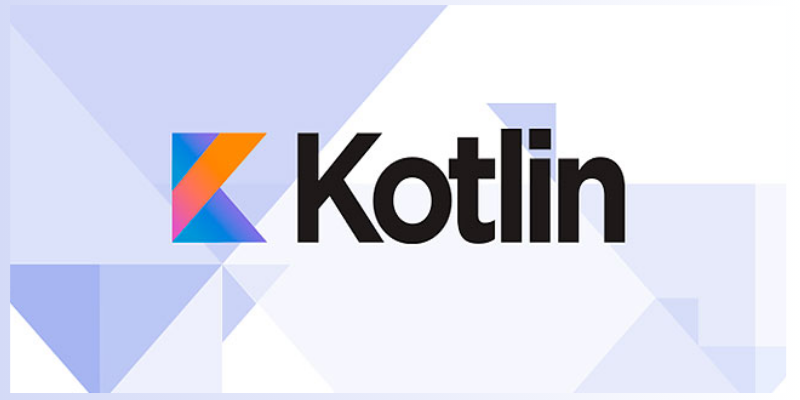
Kotlin, a modern programming language developed by JetBrains, seamlessly integrates functional programming concepts, making it an excellent choice for developers aiming to enhance their understanding of functional programming paradigms. For those seeking to delve deeper into Kotlin’s functional programming capabilities, specialized training programs such as Kotlin Training in Chennai offered by FITA Academy offer structured learning experiences tailored to meet the needs of learners at all skill levels. This blog will explore some key functional programming concepts to learn in Kotlin and discuss their importance in building robust and maintainable code.
Programming Concepts To Learn In Kotlin
Higher-Order Functions
Higher-order functions can accept other functions as parameters or return them as results. Kotlin supports higher-order functions, allowing developers to write concise and expressive code. This facilitates the integration of potent constructs like map, filter, and reduce, which are indispensable in functional programming.
Function Composition
Function composition is a fundamental concept in functional programming, where functions are combined to create new functions. Kotlin facilitates function composition by using higher-order functions and lambda expressions, enabling developers to build complex behaviour by composing simpler functions together.
Lambda Expressions
Kotlin provide a lightweight syntax for defining anonymous functions, making it easier to work with higher-order functions. Lambda expressions are concise and flexible, allowing developers to express functionality inline without the need for verbose function definitions. Enrolling in a Kotlin Online Course can be invaluable for those eager to delve deeper into Kotlin and master the art of lambda expressions.
Pattern Matching with Sealed Classes
Pattern matching is a powerful technique for deconstructing data structures and performing different actions based on their shape. Kotlin supports pattern matching through sealed classes, which are restricted hierarchies representing a fixed set of subclasses. This enables concise and type-safe pattern matching, enhancing code readability and maintainability.
Recursion and Tail-Recursion Optimization
Recursion is a fundamental technique in functional programming for solving problems by breaking them down into smaller subproblems. Kotlin supports recursion, and with the use of tail-recursion optimization, it allows developers to write recursive functions without the risk of stack overflow. This enables elegant and efficient solutions to problems that lend themselves to recursive approaches.
Extension Functions and Function Extensions
Extension functions in Kotlin allow developers to extend the functionality of existing classes without modifying their source code. This promotes code reuse and modularity by enabling the addition of new functionality to classes without inheritance or composition. Function extensions, on the other hand, allow developers to add new functions to existing types, enhancing code expressiveness and readability.
Kotlin provides robust support for functional programming concepts, making it an ideal language for developers looking to embrace functional programming paradigms. For those looking to delve deeper into Kotlin and functional programming, finding a reputable Training Institute in Chennai can provide valuable guidance and resources to enhance your skills and expertise in this exciting field.